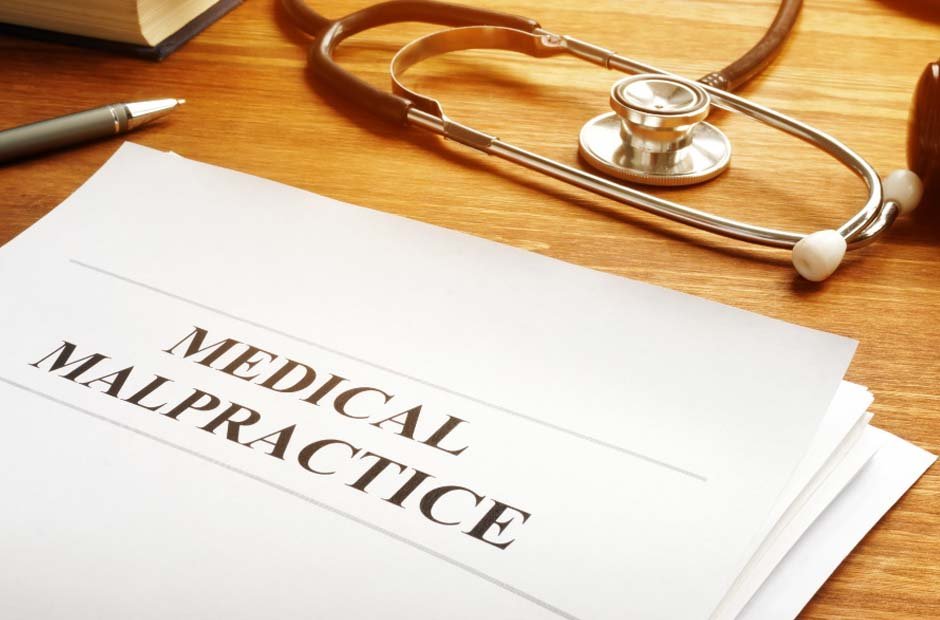Medical negligence refers to mistakes in the healthcare industry, potentially resulting in substantial harm or even death to patients. These errors can happen at any point of care, ranging from the initial diagnosis to the treatment phase, and even span across medical disciplines.
This article strives to explain the most prevalent forms of medical negligence, such as incorrect diagnosis, injuries during childbirth, medication and surgical mishaps, and errors related to anesthesia. Understanding these matters provides us with a profound awareness of the gravity of medical negligence. It also underscores the imperative of engaging the services of a Connecticut malpractice attorney in such instances.
Misdiagnosis or Delayed Diagnosis
The quick and accurate diagnosis of a patient’s condition is vital in healthcare. If medical professionals fail in this task, it could lead to necessary treatments being delayed or completely missed. Such a delay can exacerbate the health issue and even introduce unexpected complications. This situation underscores the urgent need for healthcare providers to be deliberate and precise in patient care.
Prenatal and Childbirth Injuries
Injuries during childbirth are a substantial issue in obstetrics, entailing potential harm to either the mother or the infant throughout the pregnancy or delivery process. Such injuries may result from oversights at different periods of prenatal care or during childbirth. Examples may involve inadequate management of high-risk pregnancies, neglecting to act on signs of fetal distress, mistakes during cesarean sections, or other childbirth-related procedures. These deviations from professional obligations can lead to grave, at times life-transforming outcomes for both the mother and her baby.
Harm From Medication-Related Errors
Medication mistakes happen when a medical professional prescribes an inappropriate drug or dosage or neglects vital considerations like a patient’s allergies or concurrent medications. These blunders can result in negative reactions, drug conflicts, or ineffective therapies, potentially harming the patient. It underscores the significance of exhaustive patient history evaluation and meticulous prescribing habits. Practitioners must carefully review details about a patient’s health background, current medications, and allergies prior to prescribing any medication. Neglecting to do so is cause for a lawsuit filed by a Connecticut malpractice attorney.
Errors During the Surgical Procedure
Surgical mistakes might include unintentionally leaving surgical tools within a patient’s body, performing surgery on an incorrect body part, or inflicting unexpected damage during the operation. Each of these situations signifies a violation of the anticipated standard of care in surgery. Such mistakes can result in prolonged hospitalization, supplementary surgical procedures, enduring health issues, and sometimes even fatality. For instances like these, hiring a Connecticut malpractice attorney is vital.
Mishaps During Anesthesia
Any reputable Connecticut malpractice attorney knows that anesthesia mistakes frequently result from inadvertent errors or missteps by anesthesiologists. These may include giving an excessive dose of anesthesia, neglecting to observe a patient’s vital signs during surgical procedures closely, or not adequately briefing the patient about preoperative instructions. Such oversights can lead to severe repercussions like cardiac issues, cerebral damage, stroke, or even fatality.
Conclusion: Contact an Attorney if You’ve Experienced These Types of Medical Malpractice
Medical malpractice is a significant concern in the healthcare sector, encompassing a wide spectrum of errors that can lead to severe patient harm or even death. Whether misdiagnosis, childbirth injuries, medication errors, surgical mistakes, or anesthesia oversights, each instance highlights the critical need for diligence, precision, and effective communication within the medical field. Additionally, patients can be more informed on circumstances where a Connecticut malpractice attorney is needed. Finally, by understanding these potential mistakes, healthcare providers can better implement strategies to prevent such errors, ensuring the highest standards of patient care.
















